
Is Silent.1 But You
Have a Voice.
High Blood Pressure
Is Silent.1 But You
Have a Voice.
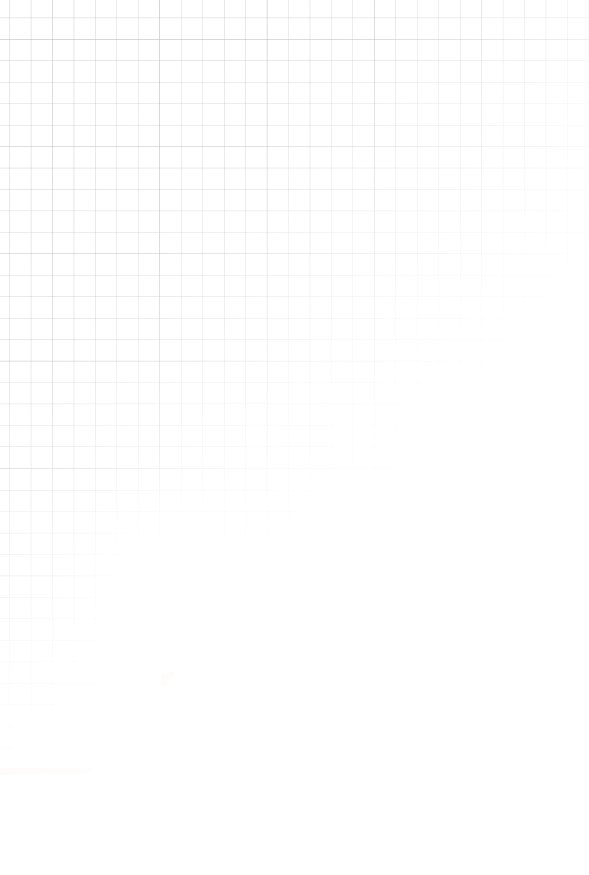
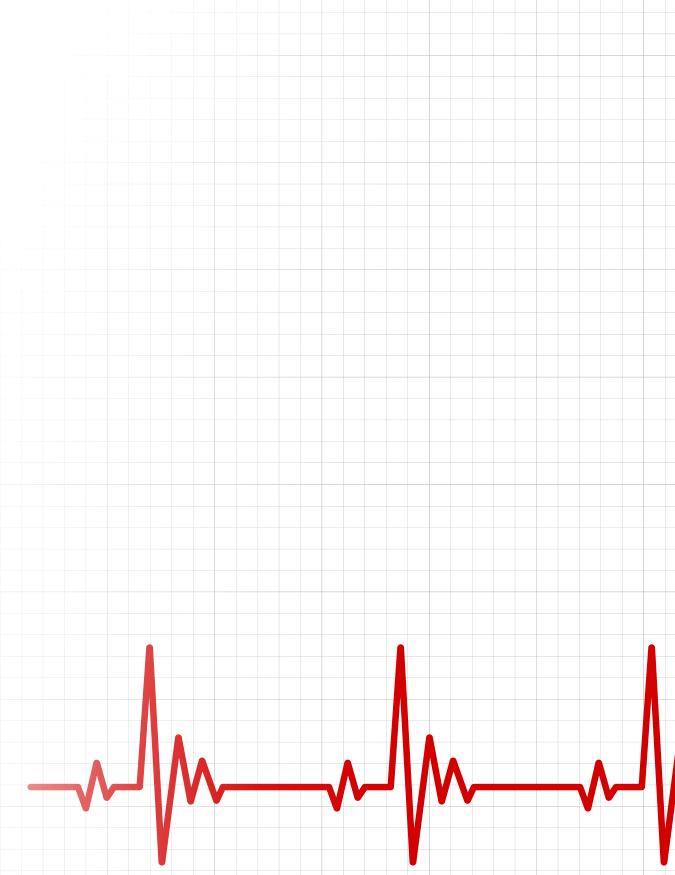
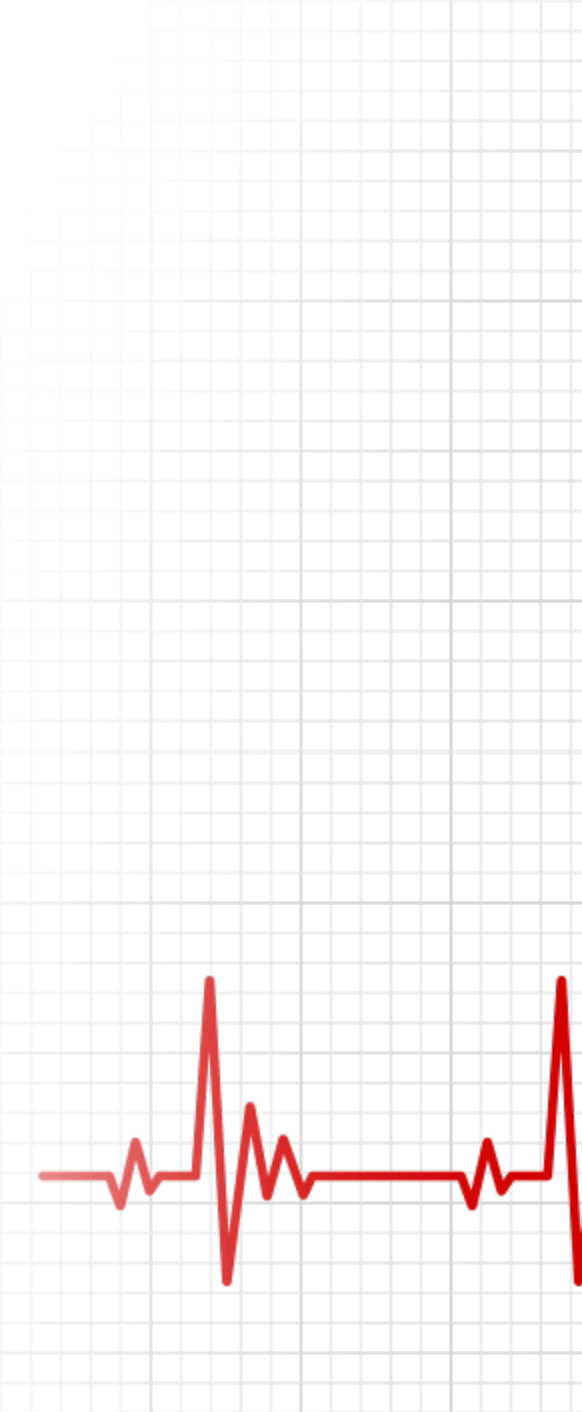
What is High Blood Pressure?
What is High Blood
Pressure?
But that doesn’t mean you should ignore it. High blood pressure is the leading risk factor for cardiovascular disease–related deaths.2,3 It makes the heart work harder to pump blood, and the constant force of your blood against your artery walls can harden your arteries. This can restrict blood flow and raise your risk of a stroke or heart attack.3
 Think of blood pressure as a way to measure your overall heart health. Basically: the lower your blood pressure, the lower your risk.4
Think of blood pressure as a way to measure your overall heart health. Basically: the lower your blood pressure, the lower your risk.4If you don’t know your blood pressure numbers, or your cardiovascular risk, talk with your doctor and find out. Together, you can come up with a plan to lower your blood pressure.
Lifestyle changes, dietary changes, and the proper medication are all tools to help you take control of high blood pressure—and silence the silent killer.2,3


Nearly Half of Adults in the U.S. Have High Blood Pressure2,3
What Causes High Blood Pressure?
However, some factors can increase your chances of developing it:
-
AgeAs we get older, our risk of developing high blood pressure increases.5
-
EthnicityAfrican Americans tend to develop high blood pressure at an earlier age.3
-
GenderMen are more likely to get high blood pressure in early adulthood.3 However, as people reach their 60s, high blood pressure is at least as common in women as in men.5
-
Family historyHigh blood pressure can run in families.3
-
 Stress can temporarily raise blood pressure. How you deal with stress may affect other clear risk factors for high blood pressure and heart disease. For example, some people who are experiencing stress make less healthy food choices, put off exercise, smoke, or drink too much.6
Stress can temporarily raise blood pressure. How you deal with stress may affect other clear risk factors for high blood pressure and heart disease. For example, some people who are experiencing stress make less healthy food choices, put off exercise, smoke, or drink too much.6 -
 Smoking and secondhand smoke temporarily raise blood pressure and damage arteries, increasing the risk for heart disease.6
Smoking and secondhand smoke temporarily raise blood pressure and damage arteries, increasing the risk for heart disease.6 -
 Sleep apnea, which interrupts your breathing while you sleep, is also a risk factor for high blood pressure.6
Sleep apnea, which interrupts your breathing while you sleep, is also a risk factor for high blood pressure.6
What Are the Risks of Uncontrolled High Blood Pressure?6
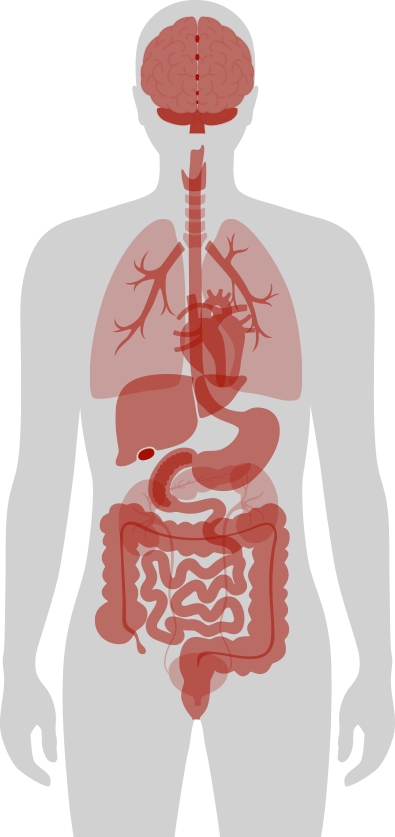
Stroke
- High blood pressure causes your arteries to burst or clog more easily, putting you at high risk for a stroke.7
- When a blood vessel in the brain is blocked or bursts, that part of the brain does not get the blood and oxygen it needs. It then starts to die. This can cause you to lose your ability to control movement and bodily functions, speak, remember things, or think clearly.8
Vision Loss
- High blood pressure strains delicate blood vessels in the eyes and swells your optic nerve. This leads to impaired vision.7
- Permanent vision problems occur when high blood pressure goes untreated. Lowering your blood pressure is the only way to treat the damaged blood vessels in the eye.7
- Brain damage caused by stroke can lead to permanent vision loss.7
Angina (Chest Pain)
- Angina is chest pain, or any other chest discomfort, caused by a lack of blood flow to your heart muscle. It can feel like a pressure or a squeezing in your chest and may even feel like indigestion. But it’s not restricted to your chest only; you might feel it in your shoulders, arms, neck, jaw, abdomen, or back.7
- It is also possible you may not experience pain. Instead, you may experience symptoms such as shortness of breath, rapid breathing, or fatigue.7
Heart Attack
- High blood pressure can cause your heart’s coronary arteries to narrow due to a slow buildup of fat, cholesterol, and other substances collectively referred to as plaque. This slow buildup is commonly known as atherosclerosis.7
- As your arteries harden with plaque, you’re more likely to develop blood clots. If an artery is blocked by plaque or a clot, nutrients and oxygen can’t reach your heart muscle. When damage or death of part of the heart muscle occurs, it is called a heart attack (myocardial infarction).7
Heart Failure
- Heart failure, which may take years to develop, can happen when your heart is unable to provide enough blood to your body. High blood pressure can narrow and block your blood vessels, increasing your risk of developing heart failure.7
- High blood pressure increases your heart’s workload. With narrower and less elastic arteries, your heart must work harder to pump blood throughout your body.7
- A higher workload, over time, can enlarge your heart. Your heart thickens and grows to keep up with increased demands. As your heart grows larger, it becomes less efficient at providing your body with oxygen and nutrients.7
Kidney Disease/Failure
- Your kidneys and your circulatory system are interconnected. The kidneys are full of arteries, and damage to those arteries can make your kidneys lose their ability to filter toxins in the blood and regulate fluid, hormones, acids, and salts in the body.7
- Damaged kidneys also are unable to help your body regulate its own blood pressure. Eventually, the damage is so great that the kidneys fail.7
Sexual Dysfunction
- In men, high blood pressure can lead to erectile dysfunction. This happens when there’s not enough blood flow to the penis to allow an erection.7
- In women, high blood pressure can mean loss of libido and interest in sex. This is especially so if the condition is contributing to fatigue. Reduced blood flow to the vagina may also affect how a woman’s body responds before and during intercourse.7
Peripheral Artery Disease
- Narrowing of the arteries to your legs, stomach, arms, and head, called peripheral artery disease (PAD), can cause cramping, pain, or tiredness mostly in the leg and hip muscles. People with PAD also have a much higher risk of heart attack or stroke.7
Know Your Numbers And What They Mean
MILLIMETERS MATTER
*CV risk reduction with EDARBI and EDARBYCLOR has not been established.
Top Number: Systolic Pressure
Bottom Number: Diastolic Pressure
| Blood Pressure Category | Systolic MM HG (upper number) |
AND/OR | DIASTOLIC MM HG (lower number) |
|---|---|---|---|
| Normal | Less than 120 | and | Less than 80 |
| Elevated | 120-129 | and | Less than 80 |
| High Blood Pressure (Hypertension Stage 1) |
130-139 | or | 80-89 |
| High Blood Pressure (Hypertension Stage 2) |
140 or higher | or | 90 or higher |
| Hypertensive Crisis (Consult your doctor imediately) |
Higher than 180 | and/or | 90 or higher |
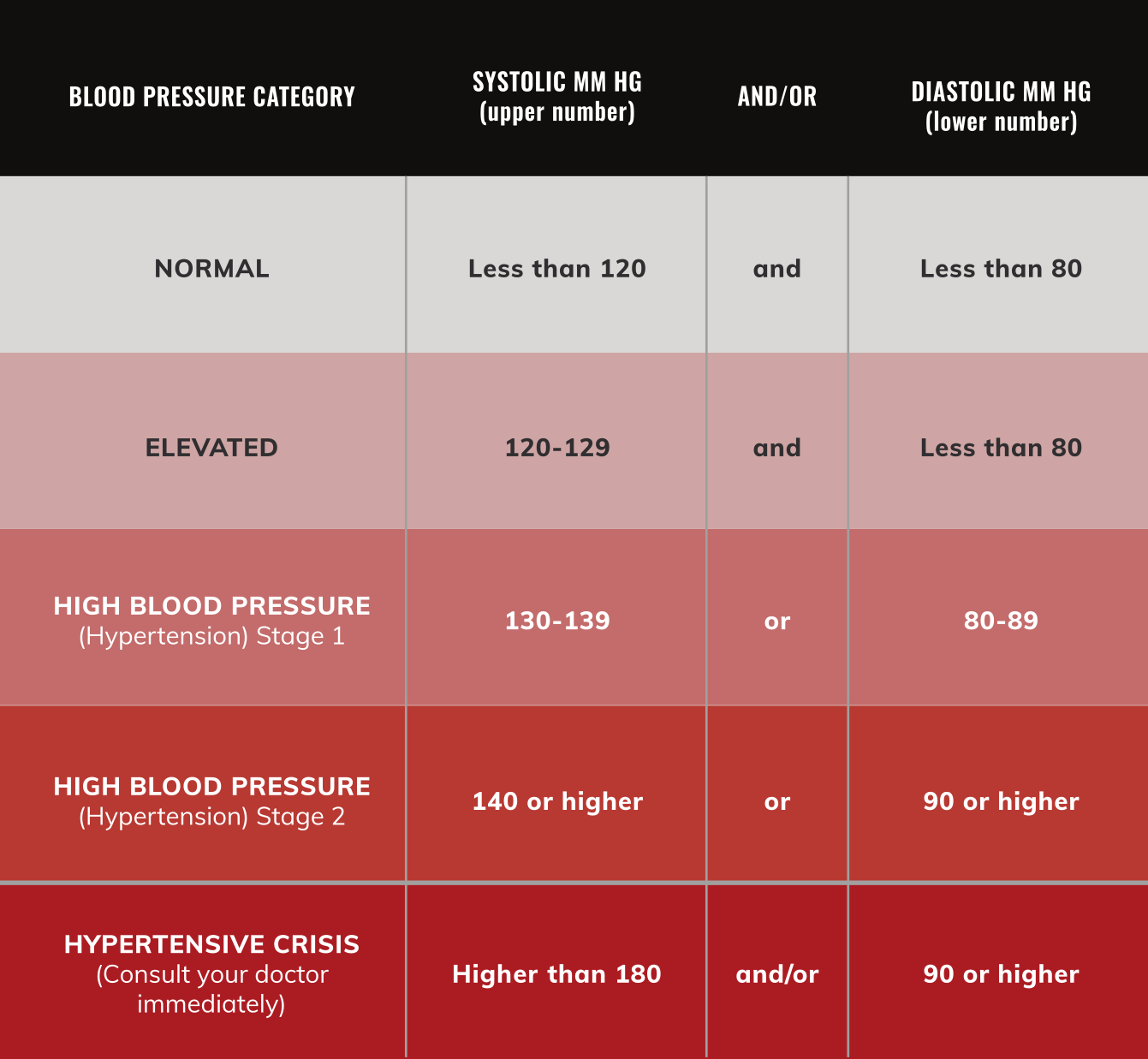
TO TAKE YOUR BLOOD PRESSURE, REMEMBER
THE 4 R’s:7
-
Reject
Avoid smoking, exercise, and caffeinated or alcoholic beverages 30 minutes before you take your pressure. -
REST
Sit calmly in a chair for at least 5 minutes with your arm resting comfortably on a flat surface at heart level. -
relax
Sit with your feet flat on the floor with your back straight and supported. -
REPEAT
Each morning before taking medicine and each evening before dinner, take at least 2 readings one minute apart. Record all readings in your blood pressure tracker.

Managing High Blood Pressure
Your first step in getting to goal is to understand what high blood pressure means for you. It’s not just about the actual numbers, although they’re very important. It’s about you as a person—your family history, your lifestyle, your food choices, and any other risk factors and conditions you may have.
Managing your high blood pressure can lower the risk of dying from heart-related problems such as heart attack and stroke.3
And little changes can make a big difference: Even reducing your systolic blood pressure by just 2 to 5 mm Hg may lower cardiovascular risks.3
What you can do now:


Lifestyle Changes
You can help decrease or prevent the negative effects of high blood pressure by adjusting your daily lifestyle and habits, as recommended by your doctor. This includes:
- Eat a balanced diet. Make it rich in vegetables and fruits.10
- Get regular physical activity. Aim for 30 minutes a day 5 days a week.7
- Break the tobacco habit. Avoid all kinds of tobacco, as well as secondhand smoke.7
- Moderate your alcohol intake. Limit yourself to 2 drinks per day (if you’re a man) or one drink per day (if you’re a woman).7
- Moderate your sodium intake. Watch out for processed foods, and stay below 1,500 mg per day of sodium.7

Medical Treatment
Proper medical treatment and control have been shown to lower the risk of dying from heart-related problems such as heart attack and stroke.2
You and your doctor can discuss which medicine, or combination of medicines, may work best for you.
All medicines are just a part of your blood pressure management plan. A complete plan also covers lifestyle, diet, and exercise. Each part of your plan works with the other to help you get to your goal.8


See How EDARBI® (azilsartan medoxomil)
& EDARBYCLOR® (azilsartan medoxomil/chlorthalidone)
Can Help You Take Control
See How EDARBI® (azilsartan medoxomil)
& EDARBYCLOR® (azilsartan medoxomil/ chlorthalidone)
Can Help You
Take Control
- High blood pressure: the silent killer. Mayo Clinic. August 28, 2020. Accessed December 17, 2021. https://www.mayoclinichealthsystem.org/hometown-health/speaking-of-health/high-blood-pressure-the-silent-killer
- Virani SS, Alonso A, Benjamin EJ, et al. American Heart Association Council on Epidemiology and Prevention Statistics Committee and Stroke Statistics Subcommittee. Heart disease and stroke statistics—2020 update. Circulation. 2020;141(9):e139-e596.
- Whelton PK, Carey RM, Aronow WS, et al. 2017 ACC/AHA/AAPA/ABC/ACPM/AGS/APhA/ASH/ASPC/NMA/PCNA guideline for the prevention, detection, evaluation, and management of high blood pressure in adults: executive summary: a report of the American College of Cardiology/American Heart Association Task Force on Clinical Practice Guidelines. Hypertension. 2018;71(6):1269-1324.
- SPRINT Research Group. Final report of a trial of intensive versus standard blood-pressure control. N Engl J Med. 2021;384(20):1921-1930. doi:10.1056/nejmoa1901281
- Franklin SS, Larson MG, Khan SA, et al. Does the relation of blood pressure to coronary heart disease risk change with aging? The Framingham Heart Study. Circulation. 2001;103(9):1245-1249.
- High blood pressure (hypertension) symptoms and causes. Mayo Clinic. Accessed February 1, 2022. https://www.mayoclinic.org/diseases-conditions/high-blood-pressure/symptoms-causes/syc-20373410
- Health threats from high blood pressure. American Heart Association. Accessed November 12, 2021. https://www.heart.org/en/health-topics/high-blood-pressure/health-threats-from-high-blood-pressure
- How high blood pressure can lead to stroke. American Heart Association. Accessed February 1, 2022. https://www.heart.org/en/health-topics/high-blood-pressure/health-threats-from-high-blood-pressure/how-high-blood-pressure-can-lead-to-stroke
- Monitoring your blood pressure at home. American Heart Association. Accessed December 1, 2021. https://www.heart.org/en/health-topics/high-blood-pressure/understanding-blood-pressure-readings/monitoring-your-blood-pressure-at-home
- Mayo Clinic. 10 ways to control high blood pressure without medication. Accessed December 1, 2021. https://www.mayoclinic.org/diseases-conditions/high-blood-pressure/in-depth/high-blood-pressure/art-20046974
